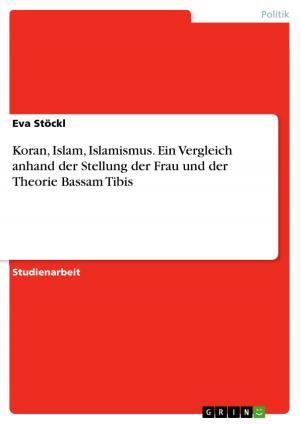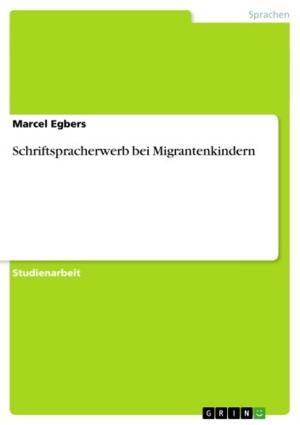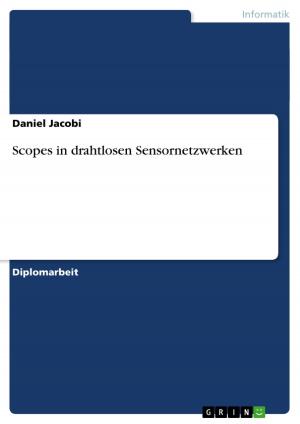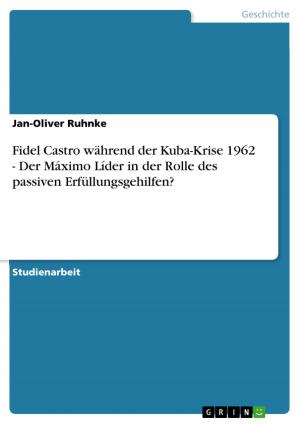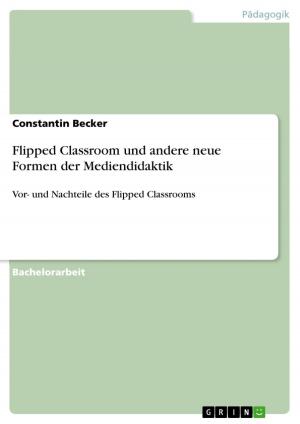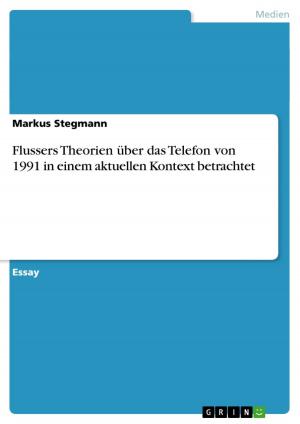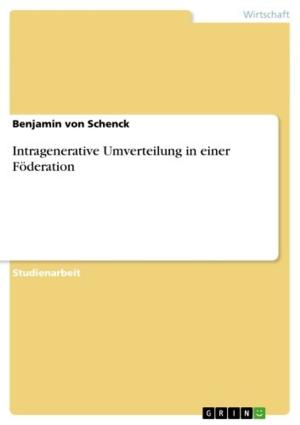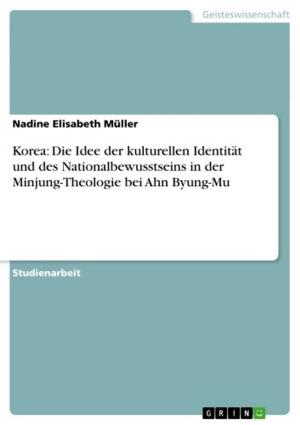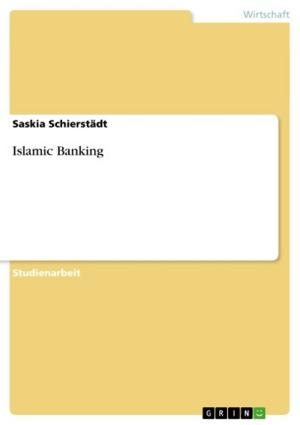The Effects of Multiperspectival Narration on the Representation of Christophine in 'Wide Sargasso Sea'
Fiction & Literature, Literary Theory & Criticism, British| Author: | Christina Gieseler | ISBN: | 9783640982684 |
| Publisher: | GRIN Verlag | Publication: | August 12, 2011 |
| Imprint: | GRIN Verlag | Language: | English |
| Author: | Christina Gieseler |
| ISBN: | 9783640982684 |
| Publisher: | GRIN Verlag |
| Publication: | August 12, 2011 |
| Imprint: | GRIN Verlag |
| Language: | English |
Seminar paper from the year 2010 in the subject English Language and Literature Studies - Literature, grade: 1,3, University of Wuppertal, language: English, abstract: This paper deals with the effects of multiperspectival narration on the representation of Christophine in Jean Rhys' Wide Sargasso Sea. Besides Antoinette and her husband as narrators Rhys also mentions another 'I' that talks in the novel. The author very likely refers to Christophine, Antoinette's black nurse, a Martinique obeah woman who provides a third viewpoint on the action in this multiperspectival narration. However, as multiperspectivity 'shift[s] the reader's attention from the events recounted on the level of the characters to the subjectivity of each of the presented perspectives' (Neumann/Nünning 102), Christophine rather appears as a minor character in Antoinette's and Edward's narration. Still, she seems to be an important and influencing person for Antoinette, and she also is a character Antoinette's husband is very much concerned with and concerned about. In literary criticism there has been a lot of controversy concerning the representation of Christophine in Rhys's novel. The debate circles around the question in how far the character is significant for the action taking place in the narrative and in how far the woman contributes to the meaning of the novel. Whereas Gayatri Spivak sees Christophine as 'tangential to this narrative' (246), Benita Parry regards her as an important source of 'counter-discourse' against the colonial authority (cf. 249). Carine Mardorossian argues that by Antoinette's and her husband's cultural and racial presumptions about Christophine and the other black characters as racial Others the white protagonists are themselves being debunked of their imperialist, stereotypical thinking (cf. 1071-1090). The paper contains analyses of - the novel's multiperspectivity, - the perspectives and attitudes of the narrator-focalisers Antoinette and her husband (Rochester) -Christophine's function for the development in the plot. The results of these analysies will be used to discuss the multiperspectival effects of the novel and to interpret Christophine's role in the narrative by discussing Spivak's, Parry's and Mardorossian's opinions about this character.
Seminar paper from the year 2010 in the subject English Language and Literature Studies - Literature, grade: 1,3, University of Wuppertal, language: English, abstract: This paper deals with the effects of multiperspectival narration on the representation of Christophine in Jean Rhys' Wide Sargasso Sea. Besides Antoinette and her husband as narrators Rhys also mentions another 'I' that talks in the novel. The author very likely refers to Christophine, Antoinette's black nurse, a Martinique obeah woman who provides a third viewpoint on the action in this multiperspectival narration. However, as multiperspectivity 'shift[s] the reader's attention from the events recounted on the level of the characters to the subjectivity of each of the presented perspectives' (Neumann/Nünning 102), Christophine rather appears as a minor character in Antoinette's and Edward's narration. Still, she seems to be an important and influencing person for Antoinette, and she also is a character Antoinette's husband is very much concerned with and concerned about. In literary criticism there has been a lot of controversy concerning the representation of Christophine in Rhys's novel. The debate circles around the question in how far the character is significant for the action taking place in the narrative and in how far the woman contributes to the meaning of the novel. Whereas Gayatri Spivak sees Christophine as 'tangential to this narrative' (246), Benita Parry regards her as an important source of 'counter-discourse' against the colonial authority (cf. 249). Carine Mardorossian argues that by Antoinette's and her husband's cultural and racial presumptions about Christophine and the other black characters as racial Others the white protagonists are themselves being debunked of their imperialist, stereotypical thinking (cf. 1071-1090). The paper contains analyses of - the novel's multiperspectivity, - the perspectives and attitudes of the narrator-focalisers Antoinette and her husband (Rochester) -Christophine's function for the development in the plot. The results of these analysies will be used to discuss the multiperspectival effects of the novel and to interpret Christophine's role in the narrative by discussing Spivak's, Parry's and Mardorossian's opinions about this character.



